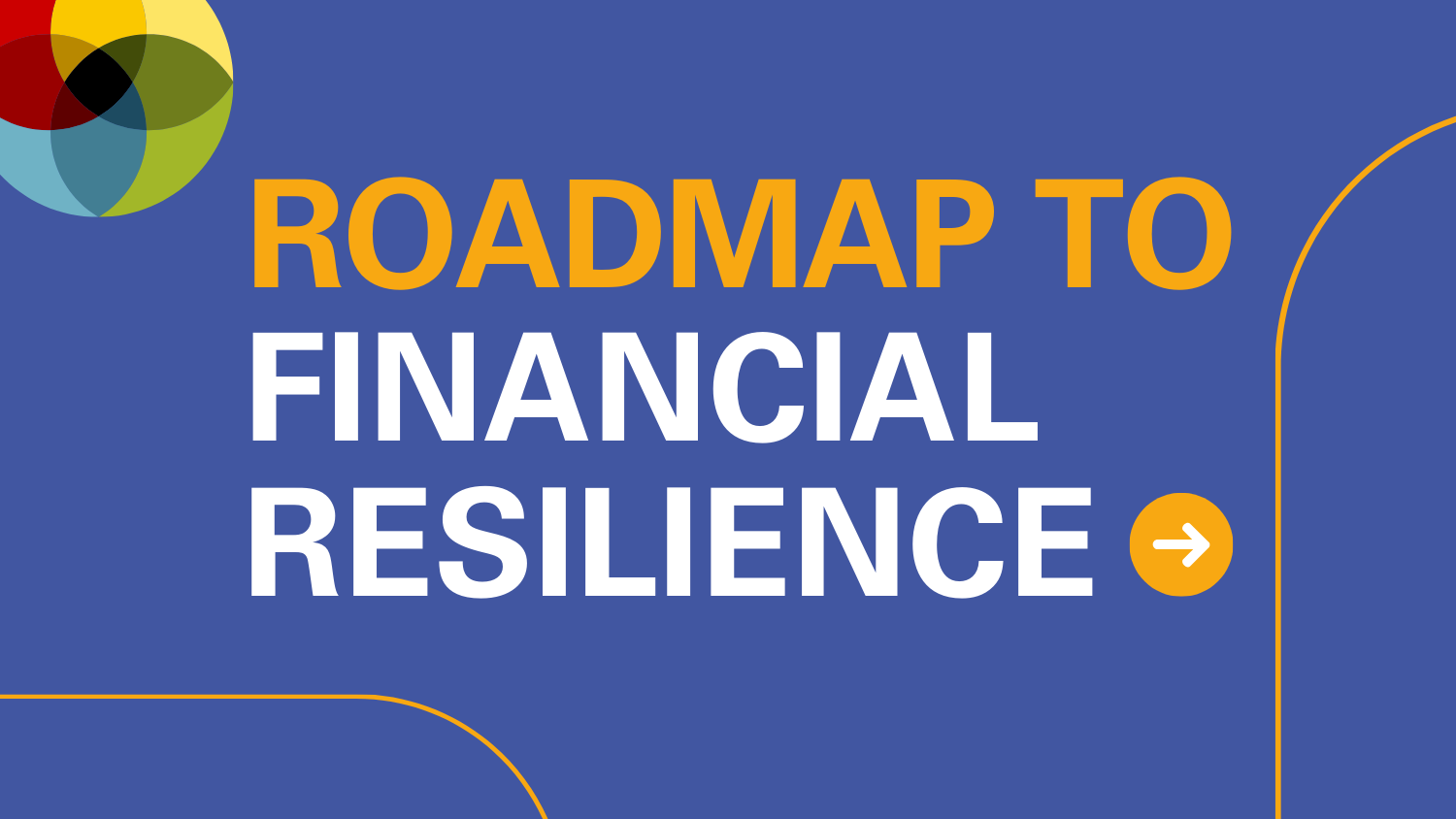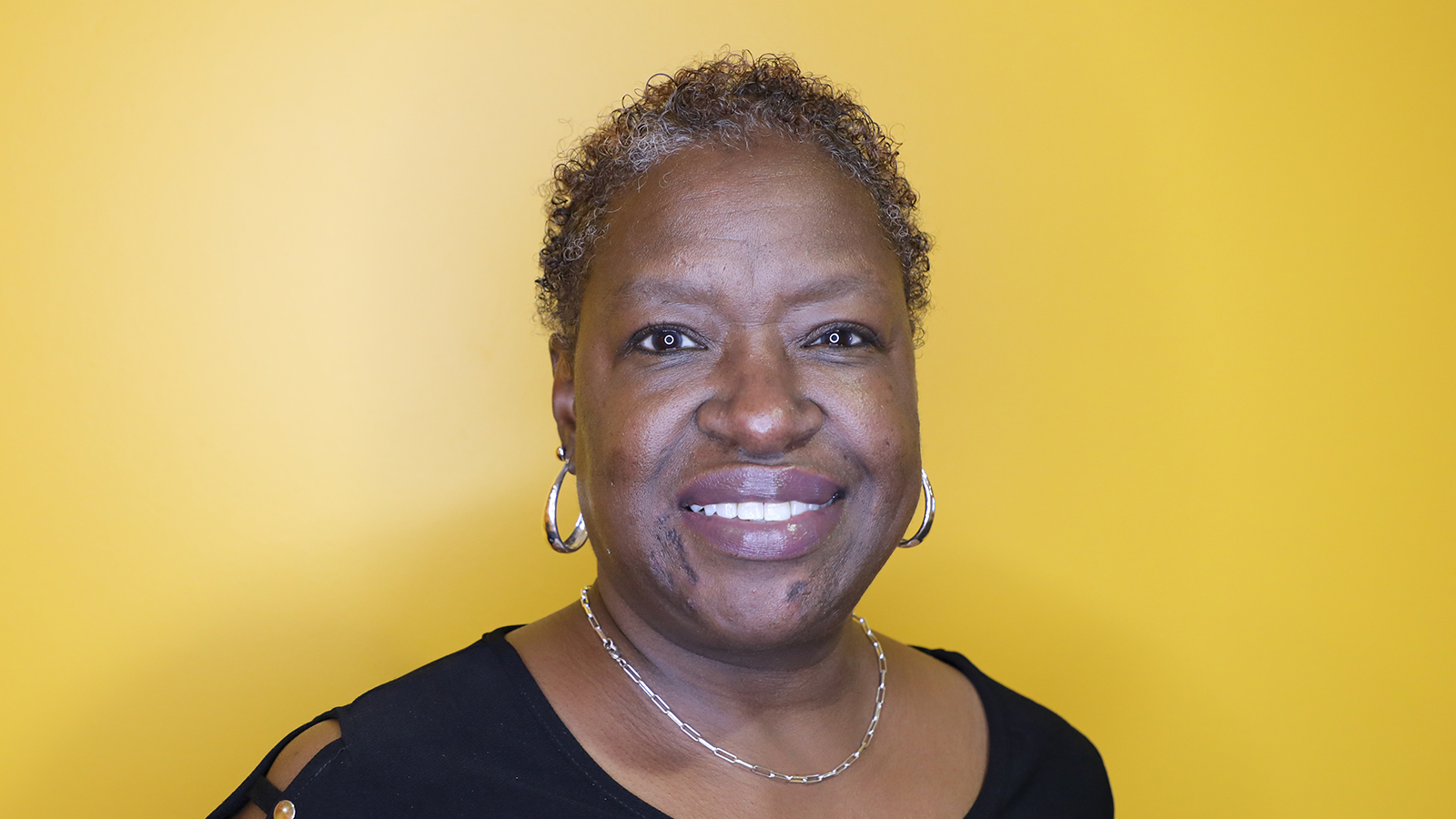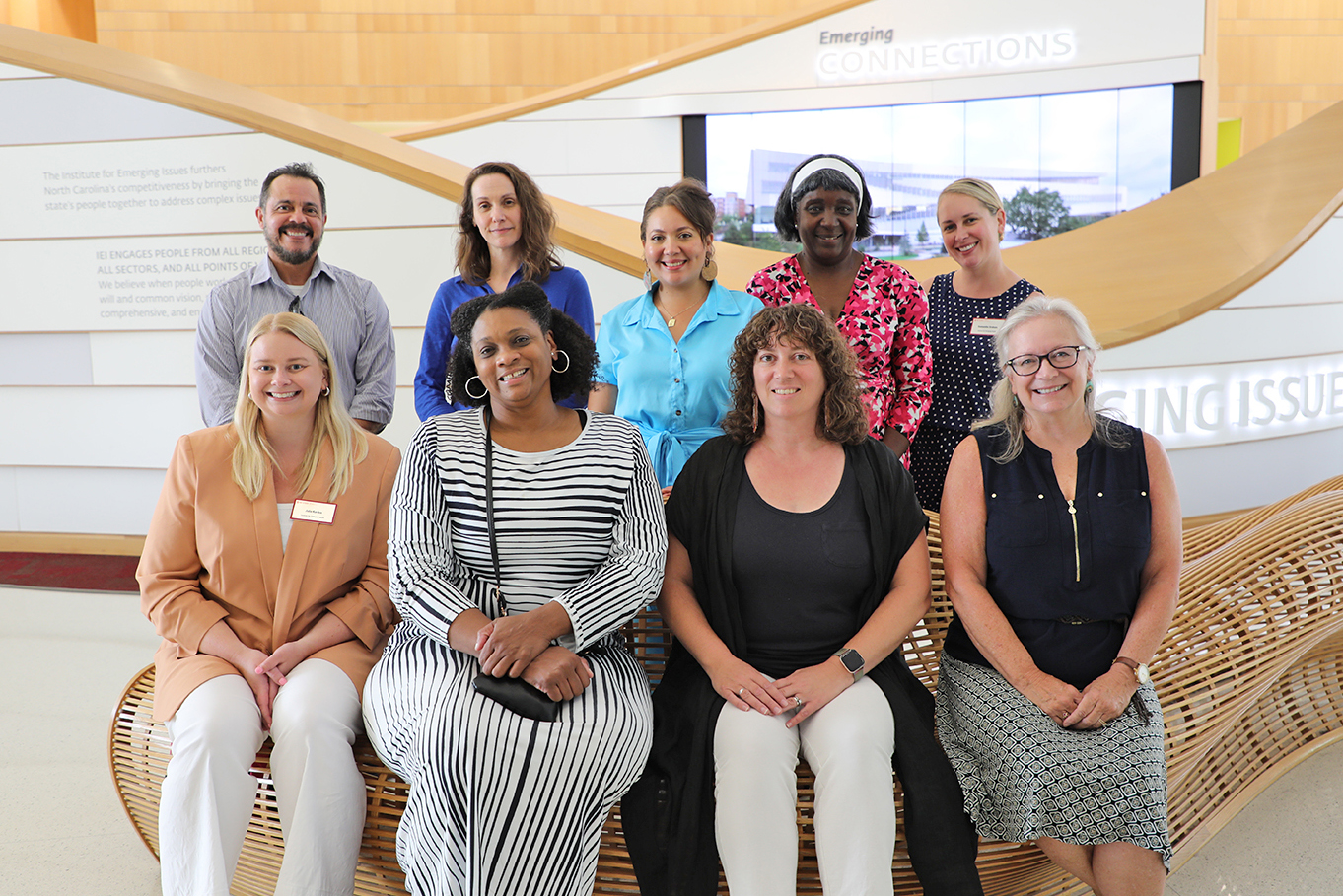Director’s Log | March 2022

A Few Things to Believe
1951 was a troubling year for the planet. A flu epidemic was breaking out across the globe, causing an unusually high number of deaths in some countries. People in the U.S. were wondering how much more deeply we would be drawn into a conflict halfway across the world after one country invaded another claiming territorial rights. Closer to home, there was deep fear we were losing our way as Congressional investigators looked into people they believed were undermining our core political values. In North Carolina, the political world was still trying to make sense of the election of an outsider as Governor, a wrench that broke the political machine that had dominated state politics for nearly 50 years.1
I looked back at that period 71 years ago because there were some similarities to the moment we are in now, and because it was the year that the journalist Edward R. Murrow, lead anchor on the biggest news program in the country, developed a new project. Murrow saw that world of uncertainty and was deeply disturbed by it. He noted that “a lot of us have traded in our beliefs for bitterness and cynicism, or for a heavy package of despair, or even a quivering portion of hysteria.”2 In response Murrow launched “This I Believe,” a four-year radio conversation with people all over the country, asking all sorts of people – movers and shakers and moved and shaken – simply, what “rules they live by, the things they have found to be the basic values in their lives.”
As I complete my time at the Institute for Emerging Issues and try to take stock of this moment we are in, I want to spend a minute looking at IEI to describe what I think we “believe.” There are four things we believe in that we have acted on:
The Power of Communities: Over the past five plus years, we’ve doubled down on our work with local organizations. Our rural church work aims to strengthen the power of rural congregations to play an important role in solving community challenges; our ReConnect NC work identified 26 community-based organizations doing inspirational work on everything from broadband to adult education to mental health to rural-urban connections; our PILOT 21 program worked with nine university communities to create new programs to increase the number of students interested in careers in public policy. It’s not that “top-down” federal or state statutes or policies or programs can’t work anymore, or that “bottom up” initiatives don’t ever happen – but we’ve just seen the power of a “middle out” approach to test out a variety of strategies quickly and create models communities across the state can learn from. That’s something to believe in.
The Power of Partnerships: IEI has a small staff and we work in a lot of different public policy areas, so when it comes to developing new ideas to make progress on any issue, or moving those ideas forward, we do better if we work in partnership with other smart, committed organizations. Our efforts to help communities get more and more people using broadband in their homes are well-focused and making progress, but it is only through partnership with the state Department of Information Technology that we can take our efforts to scale. We will continue to lift up the importance of increasing educational attainment in the state, but that is the single focus of the nonprofit myFutureNC – we are more effective working in partnership with them.
The Power of Everyone: We believe that an economy that works for everyone is a better economy. In almost every issue area we research, we identify groups who have been left behind by our current approach – people of color struggling to get the education they need to compete; families with young children forced to opt out of work because of inadequate child care; poor families struggling to pay for the broadband their children need to learn from home. Finding solutions that reach those left behind and allow them to compete has the same impact as untying one hand from behind our state’s back – it means our economy and community work better for everyone.
The Power of Swimming Upstream: Across the country, people working on public policy are increasingly being asked to “pick a side.” The financial benefits of doing that are clear – individuals and organizations will invest a lot in organizations that advance their political agenda. But in IEI’s most recent strategic plan, we’ve doubled down on being overtly, proudly, nonpartisan. At times this can feel really lonely, but I think it is the right thing to do. It’s an affirmation of our long-term commitment to “follow the data” on any given subject, and I also believe there are more nonpartisan people than it can sound like: new stats this month shows that for the first time this year there are more unaffiliated voters than Democrats or Republicans. Being nonpartisan doesn’t mean checking your brain or your passion at the door: we are passionate about a better North Carolina; we hope we can keep finding others to swim with us in finding ideas where there is a possibility of nonpartisan progress.
On a personal level, working for an organization committed to listening and learning has had an effect on me similar to what happened to Murrow during his “This I Believe” project. Like him I have noticed that “in talking to people, in listening to them, I have come to realize that I don’t have a monopoly on the world’s problems (or I would add, solutions)…. And in learning how others have faced their problems, this has given me fresh ideas about how to tackle mine.” I hope IEI can continue to be a safe place for you to bring your concerns and challenges, ideas and solutions, so that we can work together to make our state a place we can all believe in.
1 There was little uncertainty in the world of southern college men’s basketball. NC State won its 6th Southern Conference title that year. These days, NC State’s women’s basketball has just finished an ACC three-peat, and two other NC blue-tinted teams on the men’s side seem to be doing ok, too.
2 To lighten things up, it was around this time that W.C. Fields famously said, “Everybody’s gotta believe in something. I believe I’ll have another beer.”
- Categories:


